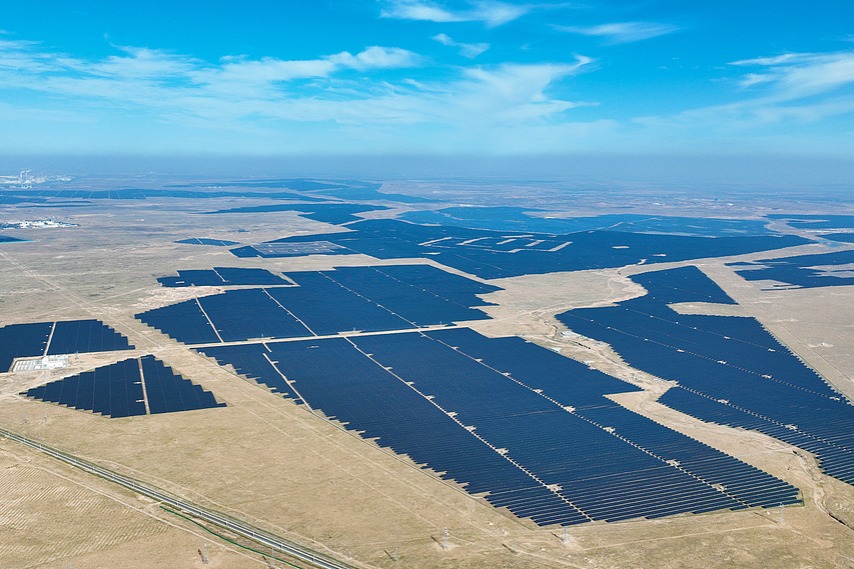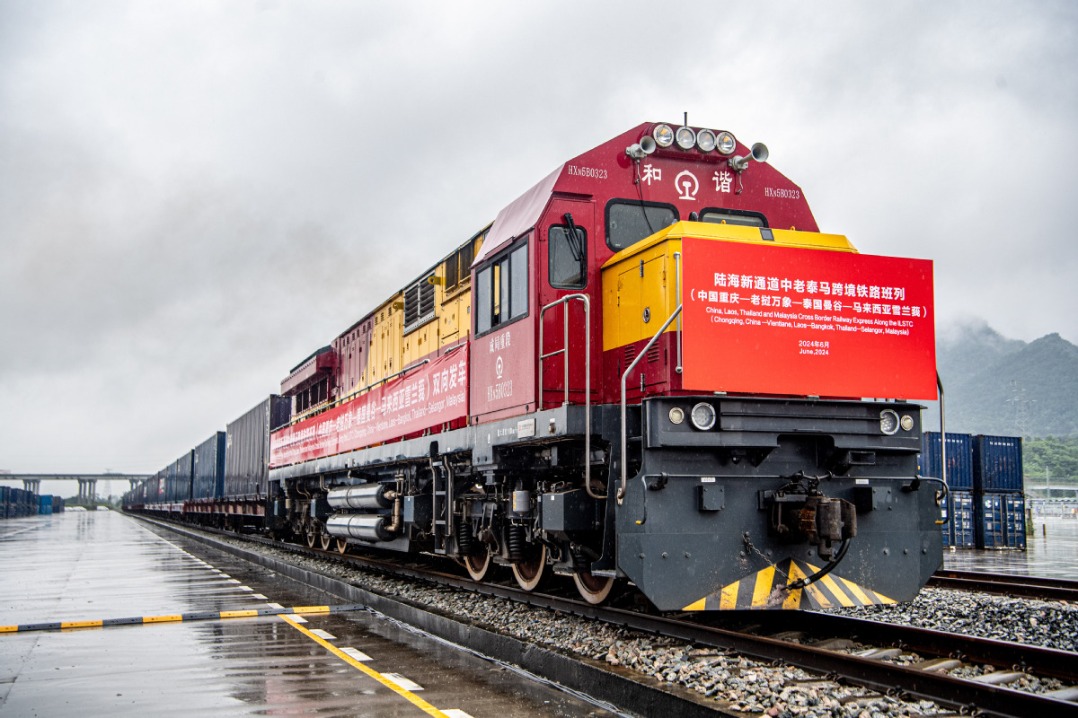Huawei, Guizhou to deepen partnership in big data area


Firm banks on resources in the province to lower costs, fuel growth
Huawei Technologies Co will deepen its partnership with Guizhou province in digital governance, data centers and smart city projects, as the Chinese tech heavyweight leverages the southwestern province's resources and booming big data industry to lower costs and fuel growth.
The cooperation is also part of Guizhou's broader efforts to become a big data and cloud computing hub in China. The province aims to help integrate data technology into more than 10,000 real-economy companies by 2022, and bring more cloud computing businesses to the region.
Lu Yong, vice-president of Huawei, said on Monday that Guizhou has already become an important part of the big data industry in China and even the world. The company will strengthen cooperation with Guizhou in a string of areas including cloud computing and digital governance.
Huawei is building a new data center in Guian New Area of Guiyang, capital of Guizhou province. Covering 400,000 square meters, it can operate around 600,000 servers to store Huawei's global management data. Guizhou offers an ideal climate for operating data centers and it is also an important energy base in China, the company said.
Huawei said the data center construction is progressing on schedule.
On Monday, the company also inked deals with a string of Guizhou enterprises and schools, including Guizhou Power Grid, to help them boost efficiency by harnessing digital technologies.
Lu said Huawei and Guizhou Power Grid, a unit of China Southern Power Grid, have been cooperating closely on basic telecommunications services, security protection, and data centers. In the future, the two sides will expand partnership in cloud computing, big data, internet of things, and other areas.
Liu Qiang, deputy manager of Guizhou Power Grid, said the company aims to build a safe, reliable, green and efficient smart grid network. The strategic partnership with Huawei will help the two sides better integrate their capabilities in grid and information technologies to promote high-quality development.
With video data expected to explode in the coming years, Huawei also partnered with a string of companies to establish a smart video big data industry alliance, so as to better set industry standards.
Huawei said in a statement that the explosive growth of video, the internet of things and other data applications poses challenges for many companies which lack enough computing power or proper algorithms. Huawei will work together with like-minded partners, customers, associations and standards organizations in the security industry to jointly create a more open, collaborative and pragmatic industrial ecological alliance to accelerate smart video efforts.
The alliance includes facial recognition companies like SenseTime and Megvii Technology Ltd.
Yang Shanlin, director of the National Engineering Laboratory for Big Data Distribution and Exchange Technologies, said data is a new factor of production and a strategic resource. Currently, there is more cooperation instead of fierce competition in the emerging industry. Once properly used, data can generate huge economic outputs.




































